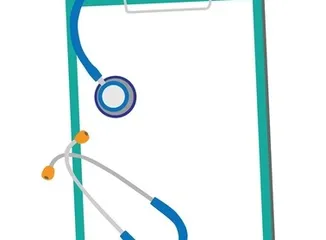Practicing yoga can improve lung function

Practicing yoga is not only good for healthy people, but it is also a quite good exercise method to relieve the disease for some patients. The following are the two methods introduced, please refer to:
Abdominal breathing and lip retraction exhalation can strengthen the muscle strength and endurance of the thoracic and diaphragmatic respiratory muscles. They are simple and easy to operate and can be performed at any time at home.
Abdominal breathing means breathing in which the abdomen is raised when inhaling and depressed when exhaling. Which position to choose to practice, should ask the doctor root
Choose standing, sitting or supine position according to the disease. Beginners are best suited to the semi-reclining position. Half-flexed your knees (or put a small pillow under your knees) to relax your abdominal muscles. Place your hands on your chest and upper abdomen respectively. When you inhale slowly through your nose, the diaphragm muscles relax and the hands on your abdomen feel lifted up, while the hands on your chest remain in place; when exhaling, the abdominal muscles contract and the hands on your abdomen feel descending.
Patients can practice every day for 5-15 minutes each time, with 5-7 times per training to gradually develop a smooth and slow abdominal breathing habit. It should be noted that breathing should be deep and slow, and try to use your nose rather than your mouth. Training abdominal breathing can help increase ventilation, reduce breathing rate, increase coughing and expectoration ability, and relieve dyspnea symptoms.
The lip-shrinking exhalation method is to inhale through the nose and exhale with the lips retracted. That is, when exhaling, abdomen your abdomen, lean forward your chest forward, and shrink your lips into a whistling shape, allowing the gas to slowly exhale through the narrowed mouth shape.
Health is what everyone hopes for. Through the above yoga practices, I hope that the patients at home can recover soon! (Internship Editor: Wu Jinyu)